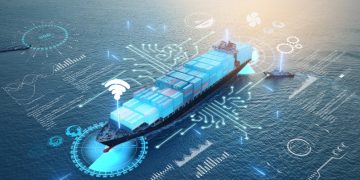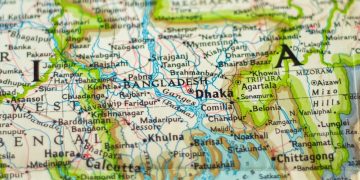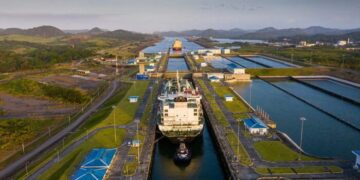The coastal countries of the Baltic and North Seas, as well as the EU, are reviewing their jointly agreed procedure for applying and granting exemptions under the IMO Ballast Water Management Convention, at a meeting in Madrid, Spain. The coastal countries and EU originally developed the Joint Harmonized Procedure on such exemptions during 2012–13 within the regional marine protection Commissions, HELCOM and OSPAR, with active participation from ship owner organizations. The procedure adopted in 2013 supplements the global exemption guidelines provided by IMO. The procedure has by today been tested in practice in more than 13 ports in the Baltic Sea, North Sea, Iberian Atlantic and the Great Lakes of North America. These practical tests of the port sampling protocol, adopted as part of the Procedure, will help to improve cost-efficiency, scientific reliability and comparability across regions. The sampling protocol is intended for use in ports in the Baltic, North-East Atlantic and beyond, as the basis of risk assessments required by IMO as a justification of an exemption. The Meeting will also consider revisions to the adopted criteria, and current list, of harmful alien species – also called as “target species”. Defining and selecting these target species is central for the outcome ...
Read moreDetails




























































